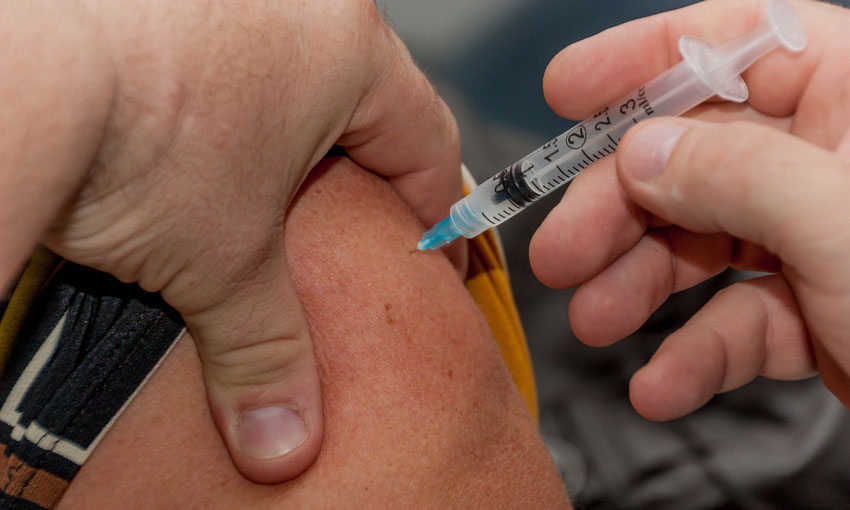THE heads of five UN organisations have issued a statement saying maritime and air transport workers should be prioritised for COVID-19 vaccination. These workers play a key role in supporting global trade and mobility and their role in a sustainable socio-economic recovery.
The joint statement said maritime and air transport rely on seafarers and aircrew.
“They are key workers, required to travel across borders, which may – though contrary to WHO recommendations – result in the need for them to present proof of a COVID-19 vaccination as a condition for entry in some countries,” the statement reads.
The UN Crisis Management Team for COVID-19, under the leadership of the WHO, has recognised that all countries should consider seafarers and aircrew, who are required to travel across borders during the pandemic, as a priority group for vaccination against COVID-19.
The statement said for shipping and air transport to continue to operate safely, the safe-cross border movement of seafarers and aircrew must be facilitated.
“We reiterate our call upon countries that have not done so to designate seafarers and aircrew as key workers.”
The statement calls on governments to prioritise seafarers and aircrew in their national COVID-19 vaccination programmes, together with other essential workers, in accordance with the WHO SAGE Roadmap for prioritising the use of COVID-19 vaccines in the context of limited supplies.
“Seafarers and aircrew need to be protected through vaccination as soon as possible, to facilitate their safe movement across borders. We also call on governments to identify and prepare for the challenges of COVID-19 vaccination of seafarers and aircrew, particularly for seafarers spending long periods of time away from their home country,” the statement reads.
The joint statement is signed by the heads of the International Civil Aviation Organization (ICAO), the International Labour Organization (ILO), the International Maritime Organization (IMO), the International Organization for Migration (IOM) and the World Health Organization (WHO).
ICS welcomes UN statement
The International Chamber of Shipping welcomed the joint statement. ICS secretary general Guy Platten said to date shipping’s ongoing crew change crisis has been largely invisible to the public.
“Crew are working hard around the globe to keep global trade moving, with 200,000 seafarers currently being impacted by overly harsh restrictions which stop them boarding or disembarking ships,” he said.
“ICS and other organisations have been lobbying hard to get this recognition for seafarers and we urge governments across the globe to heed the call from the United Nations and recognise the fact that successful vaccination programmes will rely on those hidden heroes who deliver the vaccines and PPE around the world. Seafarers are a vital part of the vaccine roll out and need to be vaccinated themselves, and not forgotten.”
ITF agrees
The International Transport Workers’ Federation likewise welcomed the joint statement from the UN.
A statement from the federation said COVID-19 and its impacts have been felt acutely by transport workers and their families, as they have been at the front lines of moving people and cargo during the pandemic.
“Now it is time for us to recognise that sacrifice by prioritising seafarers and aviation workers in every national Covid-19 vaccination programme around the world. These workers must be vaccinated in priority groupings alongside key medical and health workers, and prior to the general populations of the world’s respective countries,” the ITF said.
“International seafarers must be vaccinated as a priority group by both the governments of their home countries, and by the port states visited by the ships that they work on. The public will be safer and healthier if both the home countries of seafarers and the port states they visit make a concerted effort to vaccinate international seafarers.”
BIMCO also voiced support for the statement. The association’s secretary general and CEO David Loosley said: “We encourage all seafarers to be vaccinated when offered the opportunity and continue to advocate for a common global, interoperable framework for recording test and vaccination status.”

